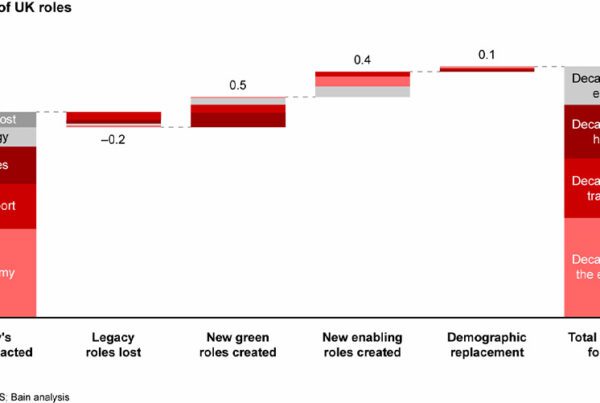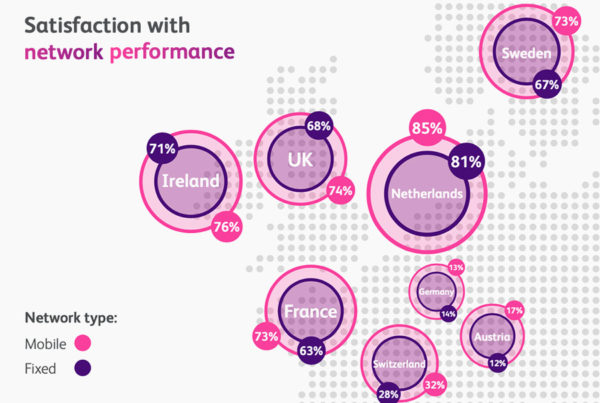On rare occasions, securities exchanges sometimes halt trading, or even cancel transactions when technology glitches and human errors cause one-off mistakes. It is even rarer for an exchange to cancel whole sessions, before taking days to allow free trade to resume, though. That is what the London Metal Exchange did in March, however, and the shockwaves are still being felt.
Russia’s invasion of Ukraine sparked chaos across many markets – but one of the most notable was the nickel market. As the demand for the metal posed to spike, amid the commencing war, vulnerabilities within the exchange were suddenly exposed, leaving
But it’s rare for one to cancel whole sessions after the fact, or to take days to allow trading to resume freely. Yet that’s what happened with one of finance’s oldest institutions, the London Metal Exchange, or LME. Russia’s invasion of Ukraine sparked a period of chaos in the nickel market, exposing the vulnerabilities of the exchange. Nickel’s price spiked 250% in a little more than 24 hours, prompting the exchange to suspend trading on March 8th 2022.

The London Metal Exchange sets global reference prices for critical metals, including copper and aluminium. It subsequently sees daily trading of about $60 billion in futures contracts, or more than half of the world total. That centrality to the market also meant that its actions caused huge problems for traders around the world, however.
Suspending and cancelling nickel trades while the commodity was set to boom inevitably drew ire from producers and traders who rely on London Metal Exchange prices of the metal used to make stainless steel and electric vehicle batteries. Some felt so short-changed that they have since levelled lawsuits at the exchange – including US hedge funds Elliott Associates and Jane Street Global Trading, which are suing the LME for $456 million and $15.3 million respectively over cancelled nickel trades.
Many more critics of the move have used the decision to push for more transparency in what is widely seen as one of the darkest corners of the financial sector. Responding to this pressure, the London Metal Exchange has since confirmed the appointment of management consultancy Oliver Wyman for an independent review of the events that led nickel trading being suspended.
Reviewing the situation
Oliver Wyman is a professional services firm with more than 5,000 professionals around the world. The company advises clients on how to improve their operations, and is expected to carry out the review until December, after which it will aim to publish a report on its findings.
The exchange confirmed in a statement that the review will examine factors which “contributed to market conditions … in the period leading up to, and including, 8 March 2022 and make recommendations to reduce the likelihood of similar events occurring.” However, the assessment will not cover the decision-making processes and governance arrangements at the exchange and at its clearing house, LME Clear. Instead, those subjects will be a part of the regulatory reviews to be undertaken by the UK Financial Conduct Authority and the Bank of England.
Of the contributing factors to the nickel price surge, it is thought that short-covering by one of the world’s top nickel producers, China’s Tsingshan Holding Group, will be at the heart of Oliver Wyman’s investigation. The London Metal Exchange has since added that the large short positions originated primarily from the over-the-counter (OTC) market, for which it has brought in new checks.




